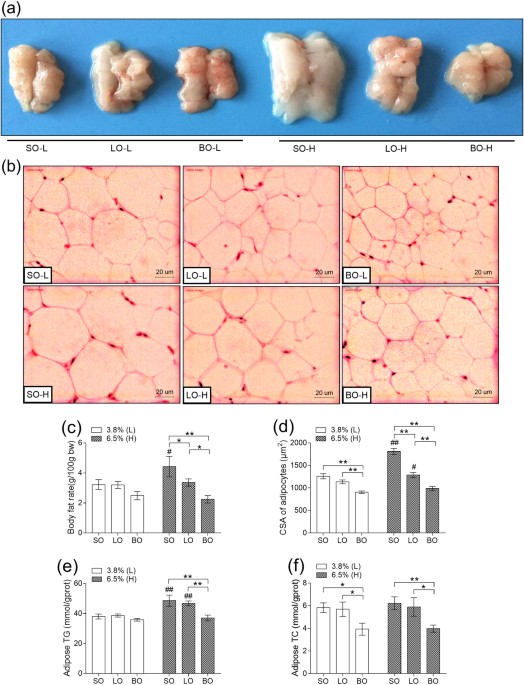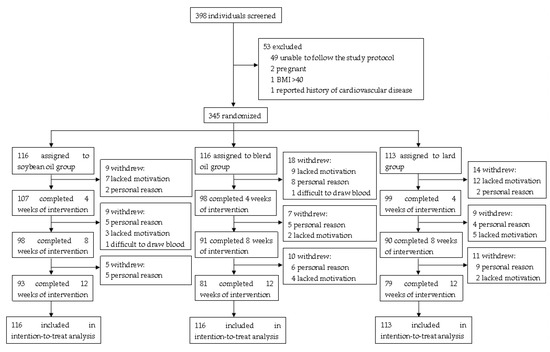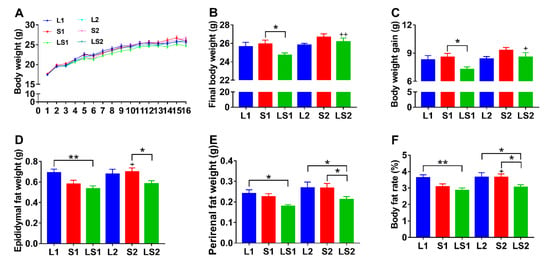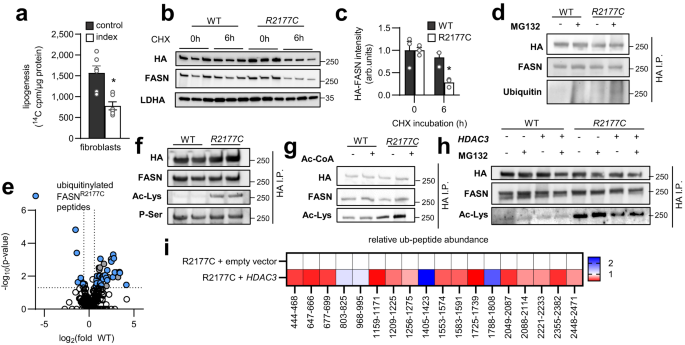ELT
Jedi
Let me roughly summarise from the info we’ve got gathered here, please correct me if needed,Now, if that is true, and the modern western population is not consuming a huge amount of Omega-6, or at least not in their natural form, that opens a big can of worms...
This is the only study that shows such drastic difference between refined and cold pressed oils, so I don't know why is that so and is their method of analysis more accurate than the method of other groups, but if it is, then it makes a big difference on how we view many things when it comes to the connection between fats and human health.
We saw that polyunsaturated omega 3 fats derivatives EPA and DHA (directly available from fish oil, unlike from plant sources where a lazy conversion from Omega 3 is needed) are easily prone to oxidation. We then saw that this oxidation can be countered by emulsion, when mixed with oleic acid and/or butter.
Theoretically, vegetable oils high in omega 6, being also polyunsaturated, are highly oxidative too.
1st question : Would an emulsion principle have the same restorative effect on the oxidation of say cold pressed vegetable oils ?
Later, in the referenced Table 2 above, we see that refined veggie oils lost much of their omega 6 FAs, suggesting that the SAD diet may finally not be as high in those fats as pretended. But does it change anything to the possibility that the other PUFAs left in there have probably been oxidised anyway, and to the fact that (unrefined) veggie oils are highly unstable by nature ?
I really haven’t any background in biology so what’s following is pure speculation : would it be possible that the Omega 6s somehow disappeared from the composition, or transformed, because of having oxidised to such an extend ?
To add to the interest in Omega 6, Georgia Ede made her point about the role and usefulness of Arachinoid Acid (ARA) in an article for PsychologyTodayWe don't have a separate topic about Omega-6 fatty acids on the forum, because nobody in the world, it seems, is interested in Omega-6, because they are supposedly bad for us






 I'm thinking of getting my omega 3s through MCT oil, olive oil and (good quality grass fed) butter, this should surely suffice? I need to simplify my diet A LOT and I'm a bit scared of eating fatty fish as I'm in a city where fish mongers are plentyful (a city in Sweden) but I dont trust them completely, have I understood things right that if I eat the three previously mentioned fats above and grass fed meat and free range chicken (and eggs) I should be ok on the omega 3 aspect of things? Apologies if I've misunderstood the given information, I've had to use google translate here and there
I'm thinking of getting my omega 3s through MCT oil, olive oil and (good quality grass fed) butter, this should surely suffice? I need to simplify my diet A LOT and I'm a bit scared of eating fatty fish as I'm in a city where fish mongers are plentyful (a city in Sweden) but I dont trust them completely, have I understood things right that if I eat the three previously mentioned fats above and grass fed meat and free range chicken (and eggs) I should be ok on the omega 3 aspect of things? Apologies if I've misunderstood the given information, I've had to use google translate here and there 

